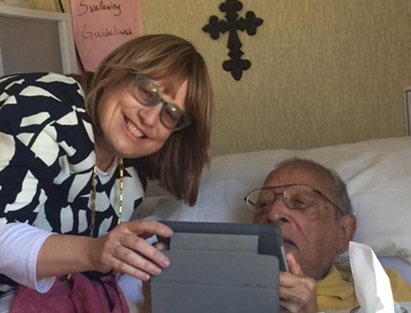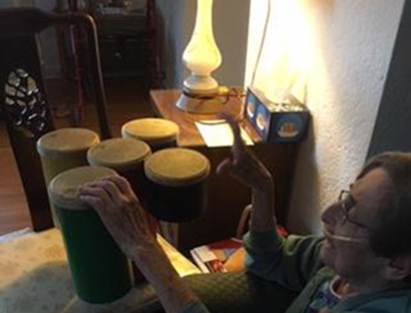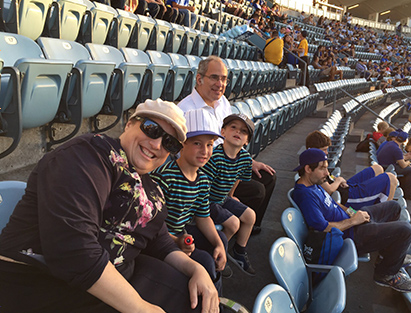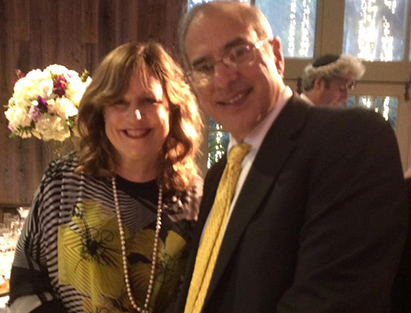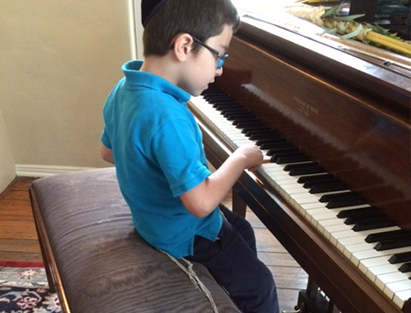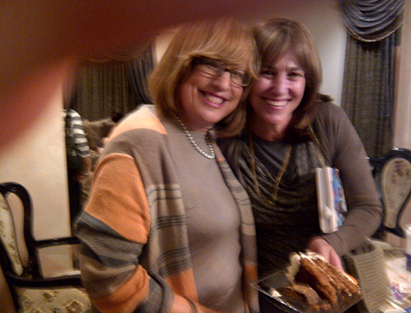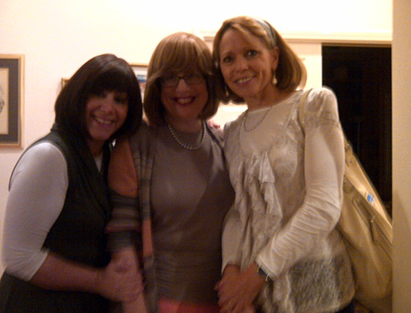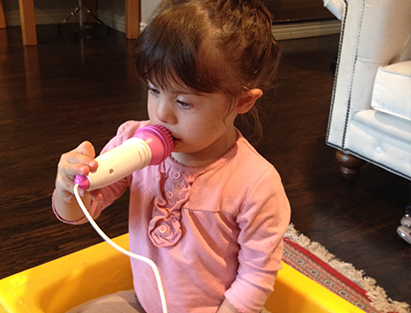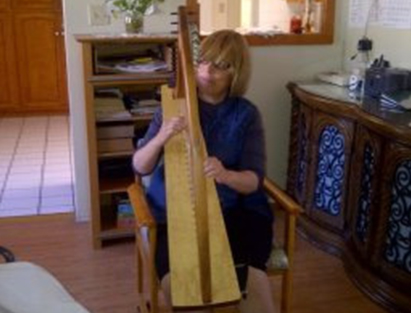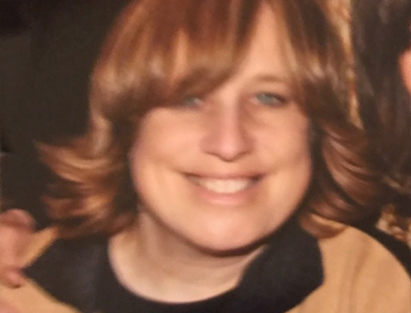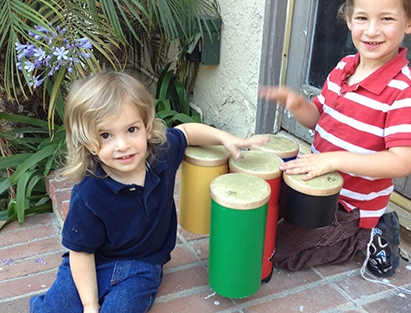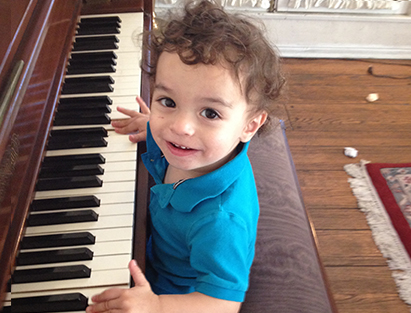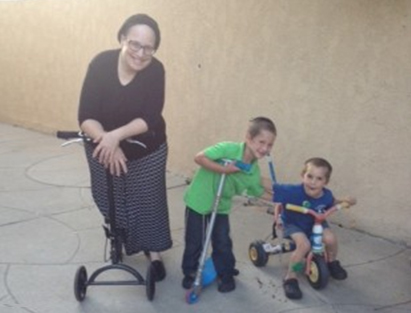If it’s Mentionable, it’s Manageable
Okay, I’m going to say it straight out. These days, I’m scared. I daven (pray) harder than usual. I worry that everything will explode, that something bad will happen. I no longer feel safe as a Jewish person living in a large city in the U.S. I’m hoping that by putting a name to my feelings I will feel better. Maybe I will even be inspired through these naming of feelings to write a song, to help others who may have the same feelings, and to add some good to the world.
I recently saw the new movie, “A Beautiful Day in the Neighborhood,” which is a story inspired by the children’s television personality, Fred Rogers. Mr. Rogers spoke to children on his show about feelings. Some feelings are so heavy that we can’t put a finger on them, and we find it hard to even talk about them. But once we do talk about them, we feel much better and we can figure out what to do with them. We can manage. “If it’s mentionable, it’s manageable,” said Mr. Rogers.
I want to use that mantra in my life right now. These are the feelings I am having:
Anger that it’s getting worse. Sadness that people are suffering. Frustration that the same thing happens again and again and there’s so much misunderstanding and unnecessary blaming and loss of lives. Fear for our own lives and those of our loved ones. sadness, frustration, shock, fear, and more.
What happened yesterday (Saturday) in a Beverly Hills shul (synagogue) less than two miles from my house, is reminiscent of what happened in Germany in 1938 on Kristallnacht. Torah scrolls, and valuable artifacts defaced by an anti-semitic individual for no reason. I won’t go into all the other violent attacks that have happened the past months to Jewish people of all stripes.
But what I will say is that we need to express our feelings. We need to talk about them, write about them, share them with others, because that’s the only way we are going to get something done. Jew in the City is one organization that uses language and compassion to reverse negative ideas that people have about Jewish people.
Mr. Rogers used television to help children and parents accept and name their feelings, and thereby learn to deal with them. He sang songs, used puppets, had a “neighborhood of make-believe,” with props, human character actors, and stories. He discussed all sort of ideas in plain English so that kids can understand and feel good about themselves.
Many of us who grew up in the 1960s and 1970s remember Mr. Rogers as the guy who spoke to kids on his television show in very very very slow motion. Some thought of him as corny and boring, and others were crazy about him, but apparently he was very popular. If you were a toddler or pre-schooler and you watched that show, you had that special warm feeling when watching and listening to him.
And now, so many people are realizing how very important his lessons were. How this world would be a lot better if we all just talked about issues, rather than bury them deep inside.
The movie, which is based loosely on a 1998 true story about a cynical Esquire Magazine journalist who is given an assignment by his editor to interview Fred Rogers for a short article on heroes. The journalist does not want to take the assignment, but his editor insists. And when he does meet Mr. Rogers, the demons from his personal life affect his angle of questioning to Mr. Rogers. But suffice it to say, that the journalist evolves and grows from his relationship with Mr. Rogers. He develops a feelings vocabulary and is healed through his newfound friendship with Mr. Rogers.
Apparently, Mr. Rogers influenced many people in his life. Some thought of him as a saint, and others thought he must be a fraud. He was neither of those.
Mr. Rogers was human, someone we can all learn from. Mr. Rogers was a man who kept the ideas so simple for children to understand and spoke straight to them, as if he was right there, present with his viewers. In the moment.
Let’s all take some time in our days to name our feelings. To get to the bottom of what is bothering us. Not just with world events but with our private lives as well.
Find a friend, a mentor, or a family member and talk about what’s going on. Write in a journal, if that helps. Having a feelings vocabulary is not just hocus pocus or mushy-gushy stuff. It’s the beginning of realizing what’s going on deep inside ourselves. Once we know that we can make changes in ourselves. And if we change ourselves, everything around us will hopefully shift.
“Anything that’s human is mentionable, and anything that is mentionable can be more manageable. When we can talk about our feelings, they become less overwhelming, less upsetting, and less scary.” Fred Rogers

